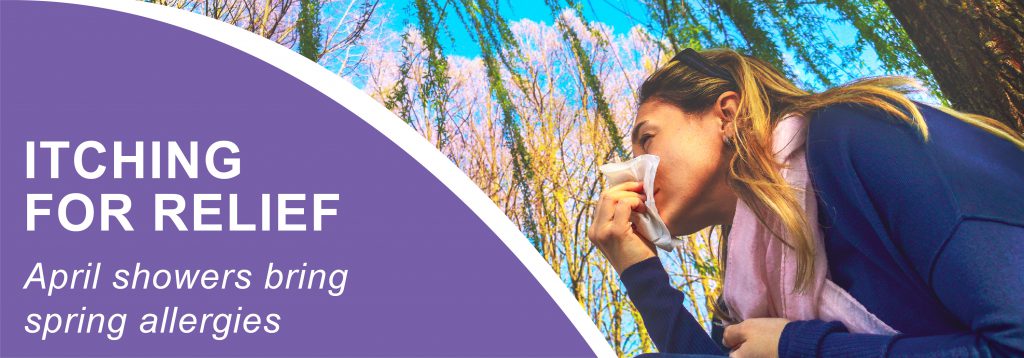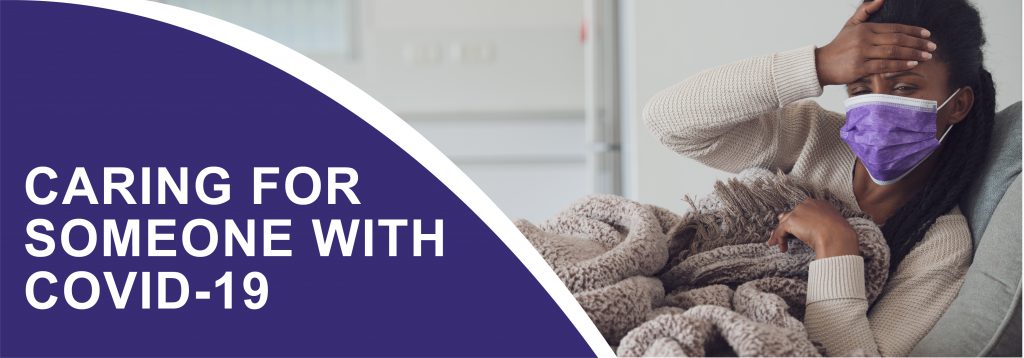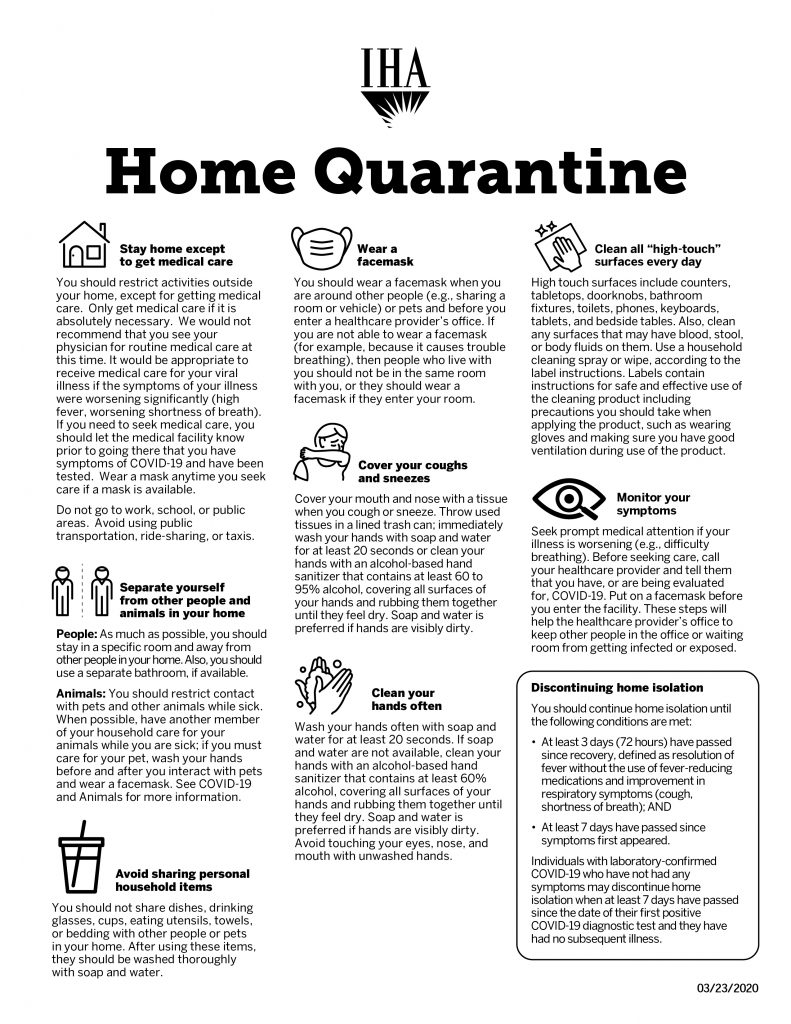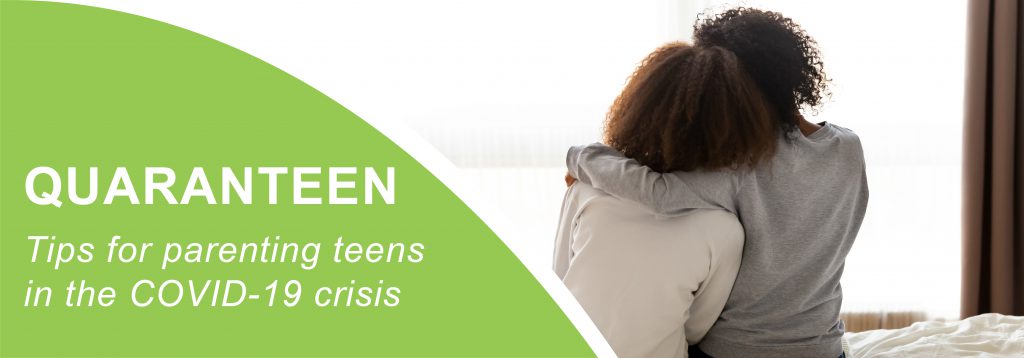
Lifestyle Medicine tips for a stronger immune system
Source: American College of Lifestyle Medicine
In the last few weeks, the immune system has been brought into the spotlight. When functioning properly, the immune system identifies a variety of threats, including viruses, bacteria and parasites, and distinguishes them from the body’s own healthy tissue, according to Merck Manuals. A healthy immune system could be the difference between getting sick and staying healthy. Read on for tips on strengthening your immune system focusing on Lifestyle Medicine. Increasing your body’s immune response is not a guarantee against infection, but it’s a good start.
Mind Your Stress
Pause. Take a few seconds to consider your breathing, listen to a favorite song, or watch a funny video. The stress hormone, cortisol, suppresses immune response. Being mindful, even in small doses, reduces stress and as a result, cortisol production.
No Smoking
Avoid smoking, vaping, or inhaling any substance, which can be toxic to the lungs.
Healthy Eating
What you eat makes all the difference! For strong immunity, consume a wide array of fiber-filled, nutrient-dense, and antioxidant-rich whole plant foods at every meal. Choose a rainbow of fruits and vegetables, eat your beans, consume whole grains, and use a variety of herbs and spices to enhance flavors. Stay hydrated with water!
Purchasing fruit and veggies is as easy as 1, 2, 3!
- Commit to the piece of produce you choose. Try not to manipulate
the produce items by touching them and placing them back. - Wash your hands with clean water and soap for a minimum of 20
seconds after returning from the grocery store. Hand sanitizer for 60
seconds can also be used. - Produce items should always be washed thoroughly with cold water prior consumption.
Quality Sleep
Aim to sleep for 7 to 9 hours. Develop a routine: Set an alarm for when to go to sleep and when to wake up. Make sure your room is cool, dark, quiet, and comfortable. Avoid screens at least 90 minutes before bedtime. Practice a “wind down” ritual, like listening to soft music, writing in a journal, or reading a book.
Activity
Regular, moderate physical activity is vital to keeping the immune system strong! While Physical Activity Guidelines recommend at least 30 minutes, 5 days a week, as little as 20 minutes can suppress inflammation and support immunity.
Connectivity
Physical distancing is essential when contagious disease risks are high, but not at the expense of being isolated or lonely. Connect with friends and family via FaceTime, Zoom sessions, texting, and phone calls. Positive emotions, which are shown to improve immunity, arise from even brief, virtual social connections.
What is Lifetstyle Medicine? Lifestyle Medicine is the use of evidence-based lifestyle therapeutic approaches, such as a whole food, plant-predominant dietary lifestyle, regular physical activity, restorative sleep, stress management, avoidance of risky substances and positive social connection as a primary therapeutic modality for treatment and reversal of chronic disease.
Learn more about Lifestyle Medicine at IHA.




